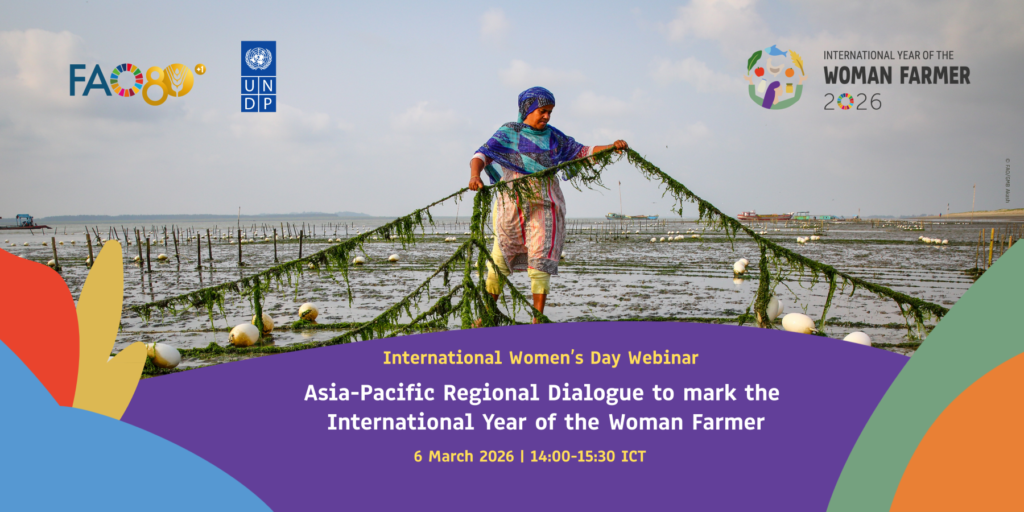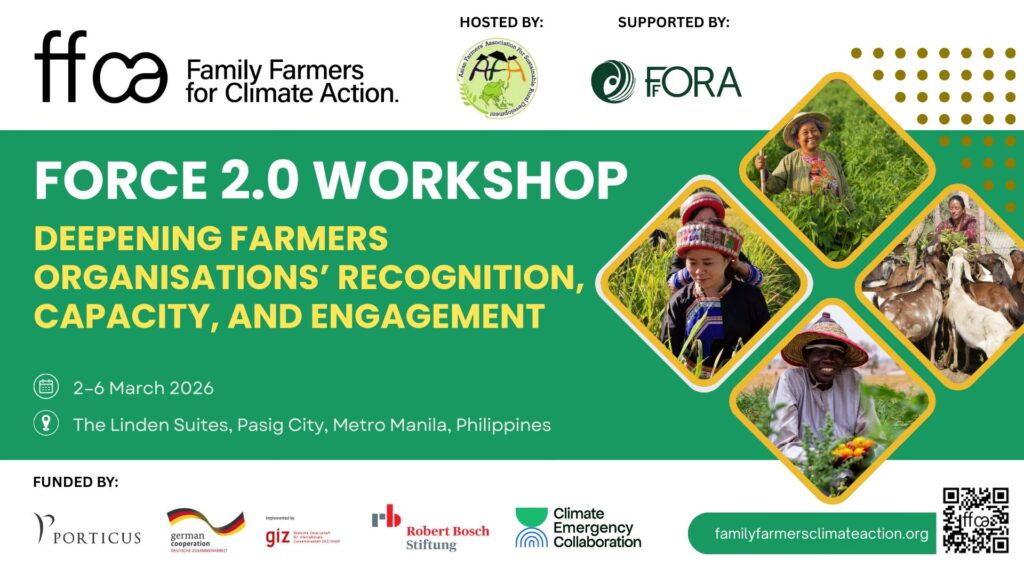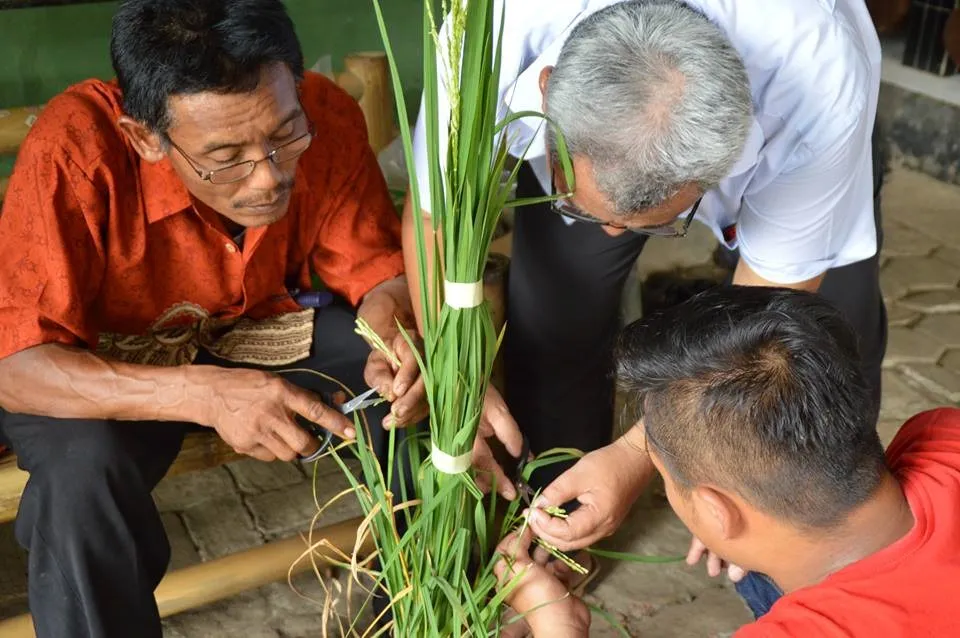A call for higher financial support for Family Farmers towards sustainable agrifood systems and climate change adaptation
Family farmers are the unsung heroes of the global food system. They produce over a third of the world’s food and are key to climate adaptation. Yet new analysis of international public climate flows by Climate Focus, on behalf of family farming networks representing over 35 million family farmers in Africa, Latin America, Asia and the Pacific, reveals that only a tiny proportion is spent on family farmers and sustainable agriculture:
- Only 11% of public climate finance was spent on agriculture, forestry and fishing since 2012 – an average of US$7 billion a year. In 2021, US$8.4 billion was spent on the sector – around half the US$16 billion spent on projects in the energy sector.
- Just 2% of international public climate finance – US$2 billion – was directed at small-scale family farmers and rural communities in 2021. This amounts to roughly 0.3% of total international climate finance from both public and private sources. In Sub-Saharan Africa alone, smallholders’ finance needs are estimated at around US$170 billion per year.
- Only a fifth (19%) of international public climate finance for agriculture, forestry and fishing was used to support more sustainable and resilient practices in 2021 (US$1.6 billion). This is a fraction of the estimated US$300-350 billion a year that is needed.
The analysis also shows that 80% of finance for agriculture, forestry and fishing is channelled through recipient governments and donor country NGOs. This often makes it harder for family farmers’ organizations to access funds because of a lack of information on how and where to apply for finance, and complex eligibility rules and application processes. Small-scale family farmers received just a quarter (24%) of spending on the sector in 2021.
It is vital that governments and funders recognize small-scale family farmers as powerful partners in the transformation of the food system and the fight against climate change. This means ensuring more climate finance goes directly to smallscale family farmers’ organizations and genuinely sustainable climate resilient practices, and that small-scale family farmers have a real say in decision-making on food and climate.
Read the full report here.
(This article is originally published in the AFA website)



